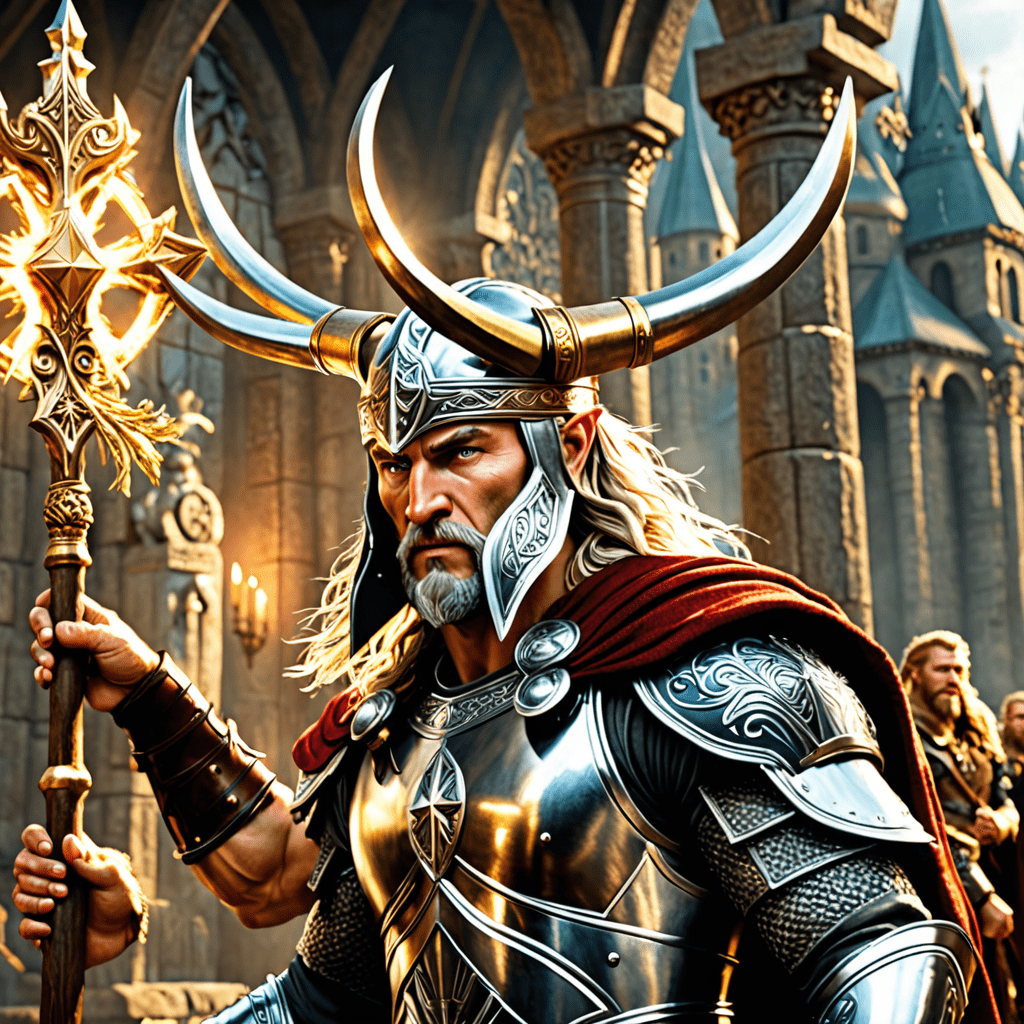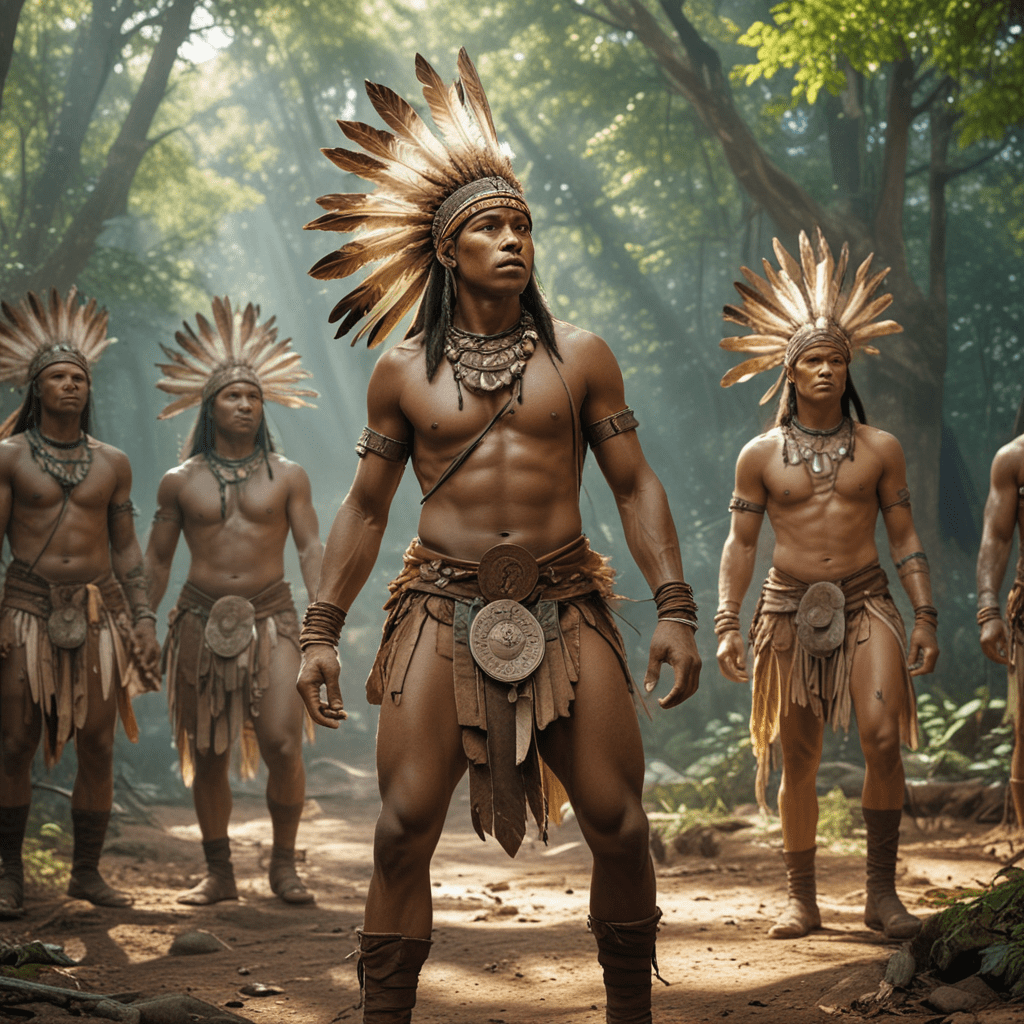The Influence of Christianity on Norse Mythology
Many aspects of Norse mythology were influenced by the introduction of Christianity to the regions where the Viking culture thrived. Let’s delve into how this interaction shaped Norse mythological beliefs.
1. How Did Christianity Influence Norse Mythology?
When Christianity spread through Scandinavian regions in the Middle Ages, it gradually impacted Norse mythology. Some stories and beliefs were assimilated or adapted to fit Christian doctrines. For example, stories of Ragnarok, the end of the world in Norse mythology, might have taken on Christian apocalyptic themes.
2. The Concept of Syncretism
Syncretism is the blending of different beliefs or ideologies. In the case of Norse mythology, syncretism occurred as Christian ideas intertwined with existing Norse myths. Some scholars believe that figures like Odin were recast with qualities similar to Christian figures, such as making sacrifices for the greater good.
3. Changes in Norse Rituals and Practices
With the influence of Christianity, some Norse rituals and practices underwent modifications. Traditional celebrations and rituals that were deemed pagan were adapted to Christian holidays or suppressed. This assimilation of pagan customs into Christian practices is evident in the celebration of Christmas during the old Norse winter solstice festivities.
4. The Legacy of the Interaction
The coexistence of Norse mythology and Christianity left a lasting impact on both belief systems. As Christianity gained prominence and political power, Norse mythology gradually faded into folklore. However, elements of Norse myths persisted in storytelling and folklore, showcasing a rich tapestry of cultural exchange between these two belief systems.
FAQ about the Influence of Christianity on Norse Mythology
What is the Influence of Christianity on Norse Mythology?
The influence of Christianity on Norse Mythology refers to the impact of Christian beliefs, practices, and stories on the traditional Norse myths and legends.
How did Christianity Impact Norse Mythology?
With the spread of Christianity in Scandinavia, elements of Christian theology and symbolism were integrated into Norse myths, leading to reinterpretations of traditional tales.
Can you provide examples of Christian Influence on Norse Mythology?
Examples include the Christianization of certain Norse gods like Odin, who was sometimes paralleled with Christ, and the blending of Christian moral values with Norse heroic themes.
Did the Christian Influence change the core beliefs of Norse Mythology?
While Christian influence did alter some aspects of Norse myths, the core beliefs and narratives of Norse Mythology remained largely intact, showcasing a complex interplay between the two belief systems.
How can we see the Christian Influence in Norse Mythology today?
Today, scholars study the texts and historical records to trace the Christian influence on Norse myths, allowing us to understand the evolving nature of belief systems and cultural interactions.




